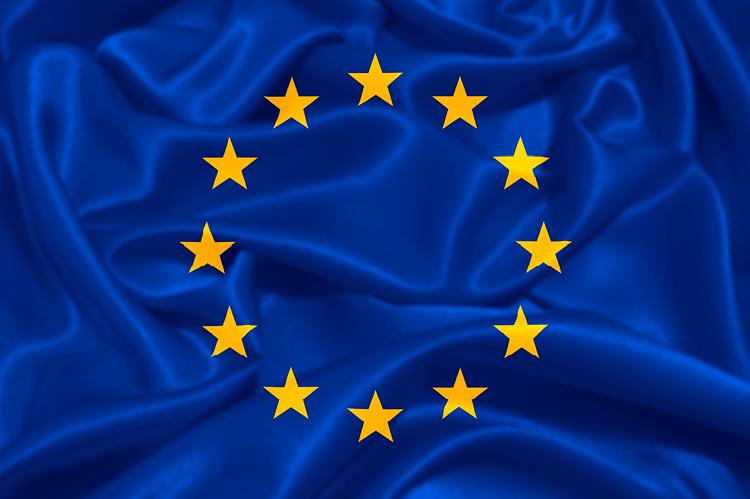EU Proposes EUR 2 Billion to End Ties with Russia's Oil Export Pipeline, Druzhba

The EU on Wednesday, May 18 announced plans to invest EUR 2 billion to end its long-term Russia crude oil import dependence through the Druzhba pipeline. This latest move is part of the bloc's plan to reduce its reliance on Moscow's energy following the Russian ongoing invasion of Ukraine since February 24, 2022.
While presenting its REPowerEU plan, the European Commission said it plans to seek EUR 300 billion in funding in loans and grants to ramp up Europe's energy security by improving the bloc's energy infrastructure and facilities to meet the immediate gas and oil demand-supply needs.
Out of the proposed funding, the commission said it would use Eur1.5 billion-2 billion to improve oil infrastructure in the member countries heavily relying on the Druzhba pipeline, effectively ending oil supply contracts with Moscow.
Before February 24, Europe imported about 2.7 million barrels of crude oil per day and another 1.5 million barrels of crude oil products per day from Russia, with the Druzhba pipeline transporting about 1 million barrels per day of crude oil from Russian fields to Central Europe.
"The stop of supply from the Druzhba pipeline… will increase pressure on alternative supply routes, namely ports such as Gdansk, Rostock, Trieste, or Omisalj, and alternative pipeline infrastructure, currently not prepared to handle such additional pressure, that serves the same regions," said the commission's REPowerEU.
According to the proposal, the commission needed minimal and targeted investments to secure the oil, building on and expanding the existing infrastructure's capacity to tackle the constraints such as Transalpine, Adria, or SPSE oil pipelines, which were key to providing alternatives to the affected member states.
Following the invasion, Russia's key crude grade, the Urals, has been trading at a discounted cost as most buyers in the region are boycotting the crude. In February, Urals was assessed at $90.72/b and Dated Brent at $100.48/b. In May, the crude was assessed at $80.89/b and Dated Brent at $116.51/b.
Refining Link
The most affected EU members are landlocked Hungary and Slovakia, which depend on Russia's crude supply via the Druzhba pipeline. The two countries are seeking an extension under the EU proposal to end their reliance on Russian oil by the end of 2022.
Hungary's only refinery, MOL, receives 165,000 b/d of crude oil via the Druzhba pipeline. Although the country could import crude oil from Croatia via the Adria pipeline, it will require more time to convert Duna to process alternative crude.
Slovakia could meet part of its crude oil needs by increasing the use of the Adria pipeline, also known as JANAF. However, a ban on Russian crude would present significant challenges to the country's primary refiner, Slovnaft.
Germany is already working on replacing supplies to refineries via the Druzhba-Schwedt with Rostock port on the Baltic Sea. However, Poland will continue to honor its existing supply contract with Druzhba, which supplies Grupa Loto's Plock refinery.
EU's plan to ban Russia's crude oil import in the next six months will force European refiners to look for alternative supplies. However, most countries have started diversifying their sources. Reports suggest the bloc plans to phase out crude imports of 2.3 million b/d within six months.

